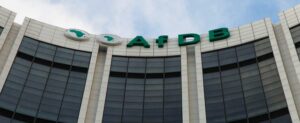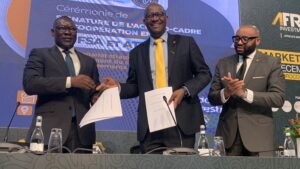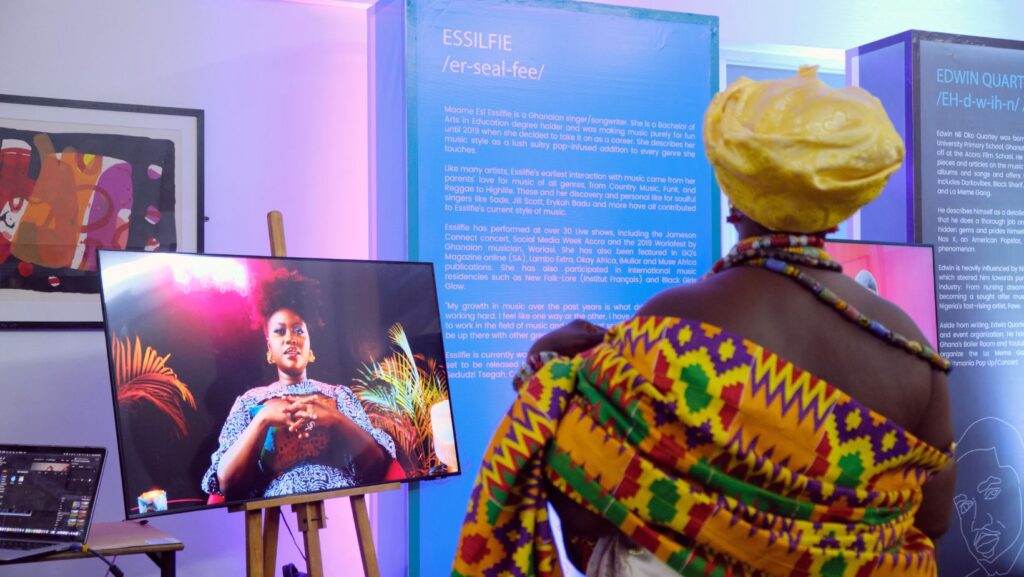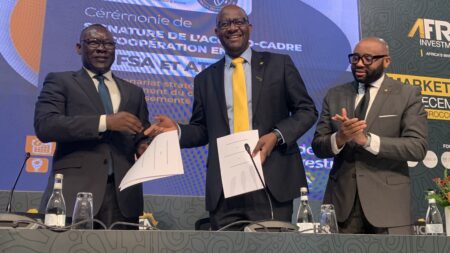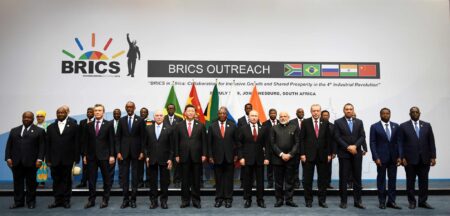- The creative economy is one of the world’s fastest-growing sectors, creating employment and income for millions globally.
- Africa is beginning to see promising potential for its creative economy, flourishing in film, arts and crafts, fashion, design, video, photography, music, and more.
- The East African Community bloc generates $2 billion annually from the creative industry.
Whether it is Tanzania’s signature genre Bongo Fleva king Diamond Platnumz, Nigeria’s Afro-pop, Kenya’s hilarious talent, Eric Omondi or South Africa’s newly crowned Grammy winner, Tyla, African creatives are taking the global creative economy by storm.
Two decades ago, the orange economy or what we famously refer to today as the creative economy, would not have been considered a transformative sector propelling growth in Africa. However, according to the United Nations Conference of Trade and Development (UNCTAD), the creative economy is one of the world’s fastest-growing sectors, creating employment and income for millions globally.
According to the United Nations (UN), a creative economy features a cycle of creation, production and distribution of goods and services that uses creative and intellectual capital as primary inputs.
Africa is beginning to see promising potential for their creative flourishing in film, arts and crafts, fashion, design, video, photography, music and more. As Africa plays catch up, a trade report by Afreximbank indicates that Europe, North America, Asia and the Pacific account for around 93 per cent of an estimated $2.25 trillion generated each year globally by creative industries and 85 per cent of jobs created by the sector.
According to UNCTAD Africa’s share of the global creative economy remains significantly low, accounting for only around 2.9 per cent of global creative goods exports, representing at least $58.4 billion and less than 1 per cent of the continent’s African GDP.
Creatives, including Eric Omondi, Sauti Sol, Diamond Platnumz, and Elsa Majimbo, to mention a few, are changing the perspective of Africa’s creative economy. These individuals show the vast potential available in the continent and what the future could hold.
Read Also: Africa’s creative industry potential billions in earnings
Creating in the modern era
At the moment, the creative industry is hinged upon the capability of creators to hold consumers/audience attention – which seems to become harder and harder to retain, thanks to short attention spans.
It is safe to say that creatives are at an unprecedented stage where the attention economy is becoming prevalent daily. Forbes considers attention a transaction in the world’s most valuable currency. The value of attention has never been more apparent than in the staggering $853 billion in global net advertising revenue generated in 2023 alone.
Similarly, young African creatives such as Grammy-nominated singers such as Tems, Wizkid, Tyla and Burna Boy are streamlining their record-breaking songs across the globe and capturing vast swathe of loyal fans via live performances and online streams.
What about the Triple Ghetto Kids, a Ugandan dance group which took the continent and the world by storm, even headlining The Tonight Show hosted by Jimmy Fallon to perform at the Qatar World Cup event?
Even across the region, Nigeria, Africa’s top economy, seems to lead the way. The nation’s film industry, dubbed “Nollywood” currently ranks as the world’s second most prolific film industry, producing thousands of movies annually and contributing significantly to Nigeria’s GDP.
According to CNN, in 2017, the Nollywood film “The Wedding Party” became the first to exceed the $1.3 million mark after emerging as the highest-grossing film at the Nigerian box office. Blockbusters such as “Omo Ghetto: The Saga” and the recently released “Battle on Buka Street” have surpassed that record.
These creatives leverage the market’s thirst for joy, fun and refreshing entertainment to earn and gain influence. At the same time, there are countless performers with less fame and influence struggling to make ends meet across the region.
In the same vein, the region, at its own pace across the blocs, is working hard to bring the latter to reality and create an enabling environment for every creative mind in Africa.
Africa’s billion-dollar creative economy
Africa strives to establish pathways to enable the creative economy to operate smoothly. This can be seen through the East Africa Community’s bid to create a creative and cultural industry to realize the sector’s potential.
According to information from The Citizen Newspaper, a bill will be tabled before the East African Parliament, which is currently holding a session in Kigali, Rwanda.
“The proposed legislation intends to promote the creative and cultural industries in the East African Community (EAC) bloc. The EAC Creative and Cultural Industries Bill is one of the three key bills set for tabling in the Eala session, extending to December 7th. Under it, the Creative and Cultural Industries Development Council will be established to serve the East African industry.
The body will provide an environment conducive to enhancing and stimulating creativity and innovation endeavours among the EAC citizenry,” the report stated in part. Available records show the region garners $2 billion annually from the creative industry.
On the other hand, various stakeholders in the sector, such as Google and YouTube, are pouring their attention and resources into the sector.
According to a report by the African Union, Google Africa is joining forces with AU to launch the #DiscoverMyAfrica Shorts Challenge, a month-long campaign for the continent’s rich diversity, heritage, and vibrant spirit.
The challenge welcomes Africa’s creative minds to share short videos capturing their peculiar perspective using their creative recipe to discover facets of African life, from music and art to food, fashion, and local landmarks.
“DiscoverMyAfrica empowers African youth to share their stories and rich cultural heritage globally.” By providing a platform for African voices, the challenge fosters cultural exchange and positions Africa as a hub of creative energy. It is about unlocking the vibrant future of Africa’s creative landscape, aligning with the vision of a digitally-enabled Africa harnessing its cultural wealth for economic growth and social progress,” Ms Chido Mpemba, AU Youth Envoy, observes.
Further down the line, the multi-billion mega digital platform (Google) – African Union partnership will further celebrate Africa Month with a series of programs designed to elevate African musicians and creators.
According to the AU, the “Up Close With” series, a platform where African music’s brightest stars get up close and personal about their music and journey, will feature intimate conversations and live performances by Grammy-nominated superstars Musa Keys (South Africa) and Ayra Starr (Nigeria).
“These exclusive sessions will offer a rare glimpse into these celebrated musicians’ artistry and creative processes, with live performances of their chart-topping hits. The sessions will be recorded and uploaded to the artists’ YouTube channels, allowing fans worldwide to experience the magic,” an AU report stated in part.
Fortunately, African storytellers and creatives are spreading their talent worldwide and getting standing ovations at global stages.
Read Also: TikTok Kenya office to moderate content, run Africa operations
